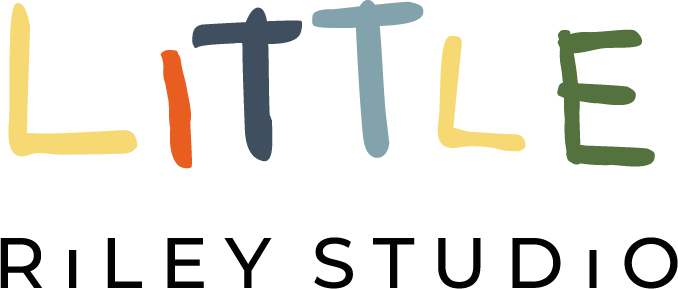Today is International Women’s Day! In celebration of women worldwide, we wanted to take the opportunity to write about Sustainable Development Goal 5: Gender Equality and discuss why it matters. Lots of positive progress has been made and there are many things to celebrate, but there is still a way to go to achieve global gender equality by 2030.
WHAT ARE THE SUSTAINABLE DEVELOPMENT GOALS?
The Sustainable Development Goals (SGDs) are a collection of 17 global goals set by the United Nations in 2015 and are part of the 2030 Agenda for Sustainable Development, adopted by all United Nations Member States. It provides a shared blueprint for peace and prosperity for people and the planet, now and into the future. The SDGs are a call for action by all countries – developed and developing – in a global partnership. They recognise that ending poverty and other deprivations must go hand-in-hand with strategies that improve health and education, reduce inequality, and spur economic growth – all while tackling climate change and working to preserve our forests and oceans. A huge but vitally important task!
WHAT IS SDG 5?
Goal number 5 is Gender Equality and it aims to empower all women and girls and achieve gender equality. Women and girls represent half of the world’s population and therefore also half of its potential, but today gender inequality still exists across the world and it hinders social, economic and environmental progress. Regardless of where you live, gender equality is a fundamental human right, and is essential for achieving a prosperous and sustainable world.
WHAT PROGRESS HAVE WE MADE?
While there have been some encouraging and positive steps towards gender equality, discrimination and violence towards women and girls is still prevalent across the world. There is no question about the fact that providing women and girls with equal access to education, health care, decent work and representation in political and economic decision-making processes will fuel sustainable economies and benefit societies and humanity at large. To track the progress so far, the UN have outlined some current facts and figures surrounding gender equality below:
-
Globally, 750 million women and girls were married before the age of 18 and at least 200 million women and girls in 30 countries have undergone FGM.
-
The rates of girls between 15-19 who are subjected to FGM (female genital mutilation) in the 30 countries where the practice is concentrated have dropped from 1 in 2 girls in 2000 to 1 in 3 girls by 2017.
-
In 18 countries, husbands can legally prevent their wives from working; in 39 countries, daughters and sons do not have equal inheritance rights; and 49 countries lack laws protecting women from domestic violence.
-
One in five women and girls, including 19 per cent of women and girls aged 15 to 49, have experienced physical and/or sexual violence by an intimate partner within the last 12 months. Yet, 49 countries have no laws that specifically protect women from such violence.
-
While women have made important inroads into political office across the world, their representation in national parliaments at 23.7 per cent is still far from parity.
-
In 46 countries, women now hold more than 30 per cent of seats in national parliament in at least one chamber.
-
Only 52 per cent of women married or in a union freely make their own decisions about sexual relations, contraceptive use and health care.
-
Globally, women are just 13 per cent of agricultural land holders.
-
On average, less than 1 in 3 senior or middle management positions are held by women.
WHAT CAN YOU DO TO HELP?
The UN has set out the following recommendations of things that we can do to help advance gender equality. At Riley Studio, we strongly support gender equality and we can’t wait to see the positive progress made this year. Below you will also find a few organisations, campaigns and resources link/ed to gender equality if you want to learn more and help educate others about the problems we still need to solve globally! :
“If you are a girl, you can stay in school, help empower your female classmates to do the same and fight for your right to access sexual and reproductive health services. If you are a woman, you can address unconscious biases and implicit associations that form an unintended and often an invisible barrier to equal opportunity. If you are a man or a boy, you can work alongside women and girls to achieve gender equality and embrace healthy, respectful relationships. You can fund education campaigns to curb cultural practices like female genital mutilation and change harmful laws that limit the rights of women and girls and prevent them from achieving their full potential.”


Back to Our Journal